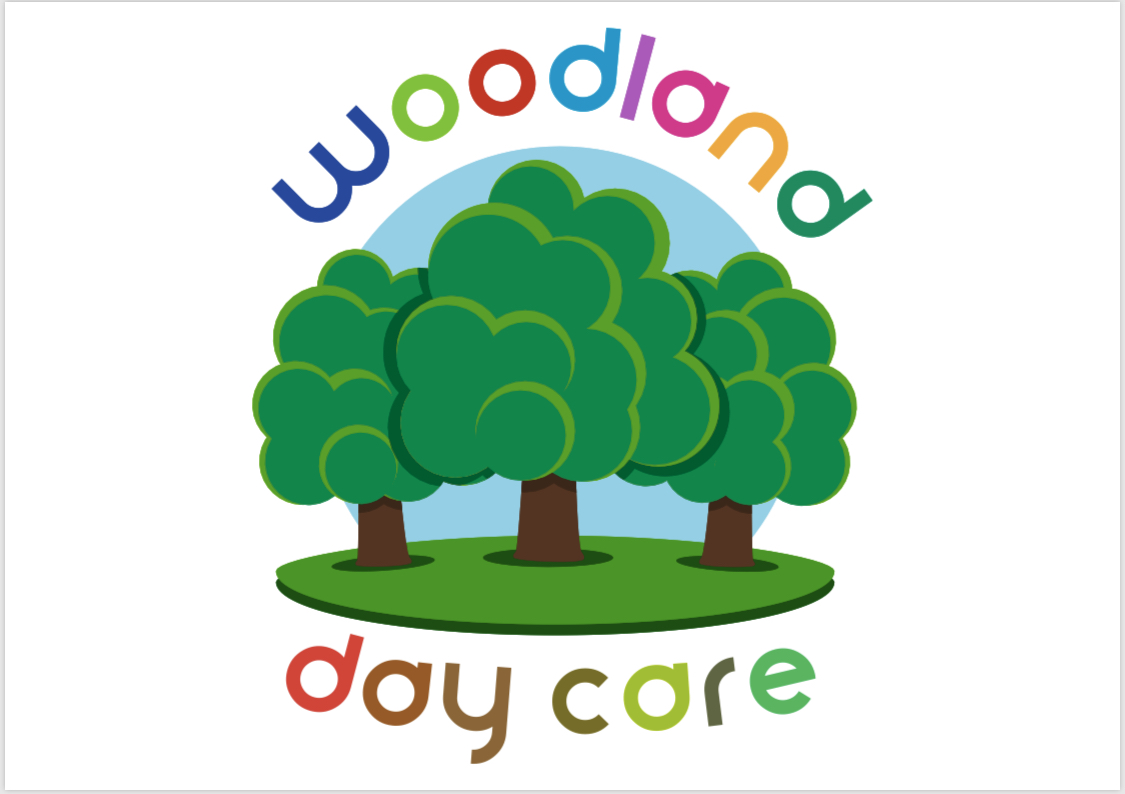Skip to content
- A child is entitled to work in an atmosphere of friendship and trust.
- Where others hold each child in high regard.
- Where adults ensure that time is given to foster the development of considerate and caring relationships amongst peer group and adults.
- Where the development of positive self-esteem is fostered through recognition and achievement.
- To engage in activities that is meaningful, worthwhile, motivating, enjoyable and a challenge.
- To investigate and make informed choices from a carefully selected range of resources.
- To record their work in a variety of ways and to reflect on the quality of their work.
- In an environment that is attractive, comfortable and organised and which uses the pre-school and the local community as an education source.
- Early childhood is valued in it as itself and as part of life, not simply a preparation for work or for the next stage of education.
- The whole child is important: – social. Emotional, physical, intellectual and moral development is interrelated.
- Learning is holistic and for the young child is not compartmentalized under the subject head.
- Intrinsic motivation is valuable because of it results in child-initiated learning.
- Autonomy and self-discipline are emphasized.
- In the early years, children learn best through first-hand experience.
- What children can do, not what they cannot do, is the starting point in children’s education.
- There is potential in all children, which emerges under favorable conditions.
- The child’s education is seen as an interaction between the child and the environment, which includes people as well as materials and knowledge
